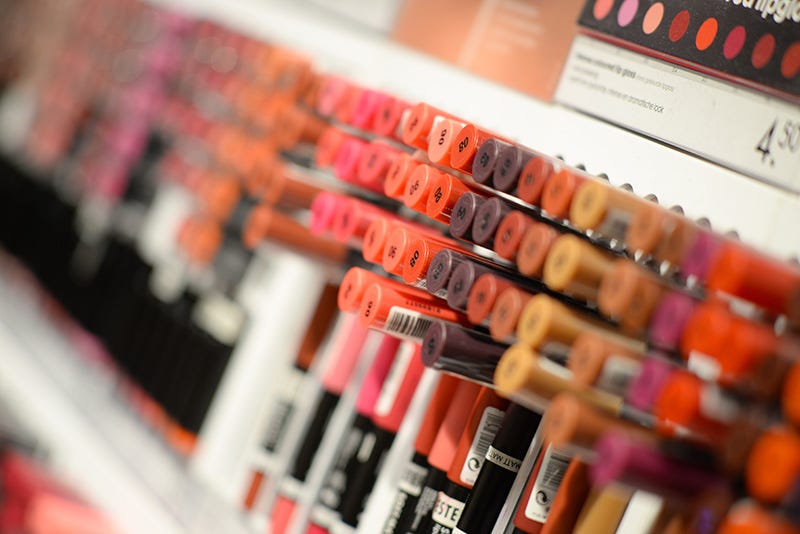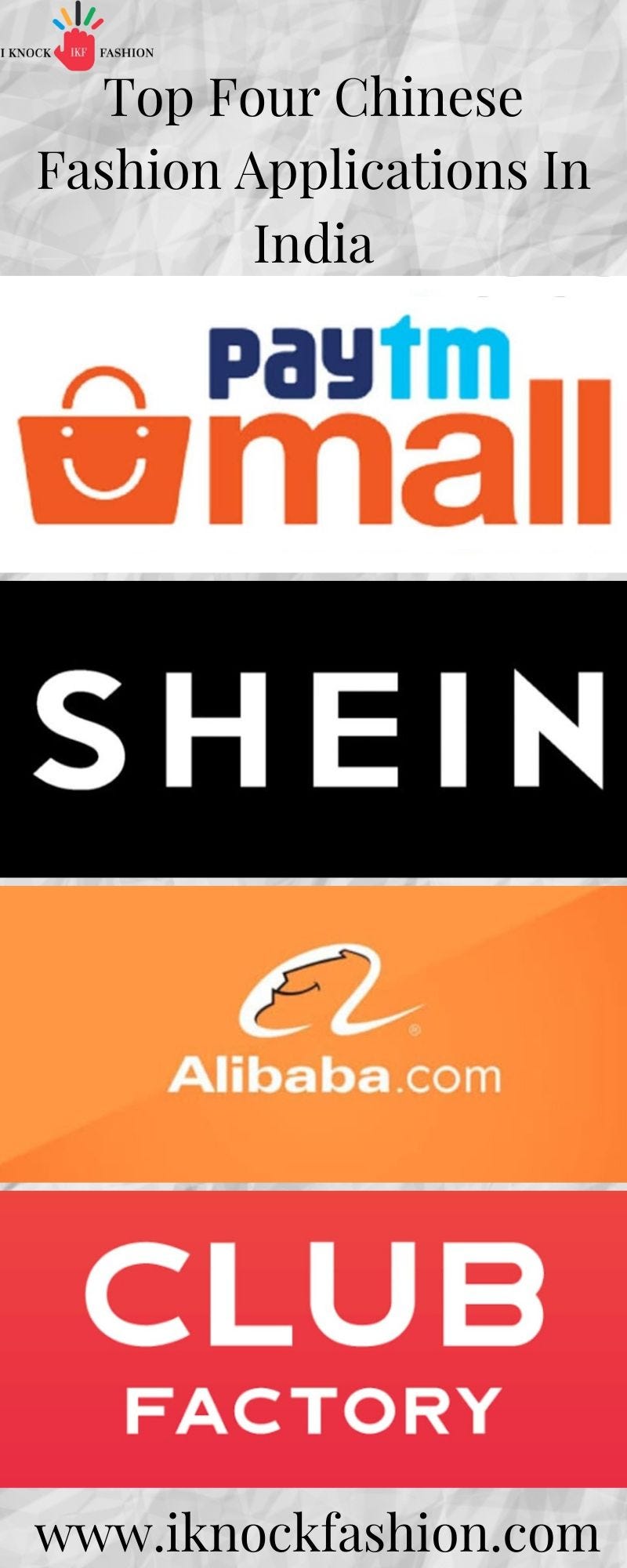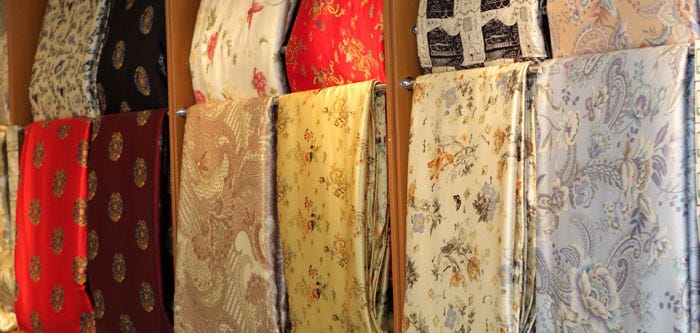Will Boycotting Chinese Products Quiver The Indian Fashion Industry Too?

This year has got numerous pall of gloom descended on all of us as we grapple with the idea of war, deaths, and viruses. Our generation has never witnessed a devastating time like this before, the outbreak of COVID-19 has led to various medical as well as non-medical impacts on the world. One of the non-medical impacts of coronavirus has been the fight among politicians all over the world to produce goods within their country rather than import them from China. The deadly outbreak of coronavirus has caused us to not just look at our faces, but deeper into our hearts, our minds, and our country’s well-being. In India, Prime Minister Narendra Modi has propagated a narrative of self-reliance(Atmanirbhar Bharat). The reality behind this propaganda is of course quite simple, if people buy products made fully in India, Indian businesses will benefit, and the economy will do well. The countrymen started backing this idea of banning Chinese products in India majorly when last week, 20 Indian Army soldiers were martyred during a violent face-off with the Chinese military in Galwan Valley, Ladakh. This incident led to anger and outrage among the people, celebrities and veteran Indian cricketers like Harbhajan Singh also decided not to endorse any Chinese brand in the wake of the ongoing tension between the two countries. People are claiming this to be a choice between money or patriotism. There’s no denying in the fact that the Indian fashion industry is also insular, it tends to favor those who have strong financial means and the social connections required to network. But the question is, in boycotting the Chinese products will the Indian fashion industry be hurting itself?
Why Will It Not Be Easy To Boycott Chinese Products?

cosmetics
The COVID-19 crisis has forced numerous store closures and crushed consumer demand for thousands of non-essential fashion goods, damaging various brands from high-end fashion brands to fast fashion. Some of the weakest players in the fashion culture have already filed for bankruptcy and may not survive the storm. From the toys, your kids play with, to the fabrics you adorn; the Indian economy is highly dependent on Chinese investment. “The fact remains that in the absence of a realistic alternative and apt strategy, Chinese products will affect India more than China.” The Confederation Of All India Traders (CAIT) has initiated a new campaign, ‘Indian Goods — Our Pride’. The idea is to embrace and enhance the propaganda to boycott Chinese products and, of course, make them in India. CAIT came up with a detailed list of 500 broad categories and 3,000 products including fabrics and cosmetics that can easily be made in India by the countrymen. The country is moving forward with an aim that by December 2021, imports of Chinese products worth $13 billion to be substituted by local ones.
China’s Investment In Indian Startups!

China’s Investment In Indian Startups!
The reality is not that clear and easy, no matter how much the country desires to boycott Chinese products, it’s practically not possible as India is heavily dependent on Chinese goods, whether we know it or not. There’s nothing wrong about it, and the reason behind it is the nature of the globalized world that we inhabit, and the fact is, it will take decades for us to be fully self-sufficient. The present data states, thousands of Indian startups have got investments from Chinese finance companies such as Alibaba and Tencent. Alibaba is a shopping application and it owns most of PayTM. Not many are aware but it has also made huge investments in the eCommerce company Snapdeal, and the food delivery application Zomato. The online shopping application Alibaba is also planning investments in the entertainment and media space of the country. The other Chinese multinational conglomerate Tencent is no less, it has strategic equity investments in Flipkart(the biggest shopping application in India), Byju’s, Practo, Swiggy, and Gaana.
What Will Happen To Online Fashion Applications Like Shein And Club Factory?

What Will Happen To Online Fashion Applications Like Shein And Club Factory
Last year in 2019 the Indian government came down heavily on Chinese e-commerce companies that been caught using the “gift” route to export orders to avoid paying customs duty. The Directorate General of Foreign Trade (DGFT) banned the import of goods under the “gift” route. It’s unbelievable but after this announcement, in June 500 parcels of Shein and Club Factory were seized.

Top Four Chinese Fashion Applications In India
Shein and Club Factory are two major Chinese fashion culture brands, and there’s no denying in this that the Indian consumers are willingly purchasing them through e-commerce platforms. Recently the Indian Department of Industrial Policy and promotion had proposed closing purchases of products from Chinese e-retailers and applications at four per buyer per year. This initiative was taken in response to anxieties over a disadvantageous impact on India’s local manufacturing if most products are imported, which also referred to two China-based cross-border fashion culture online applications– Club Factory and Shein. Based in Hangzhou, high-end fashion application Club Factory ranked first in the cross-border e-commerce sector in the Indian fashion industry market. The data left the Indian fashion industry shell shocked as among the high-end fashion application’s 70 million users worldwide, about 40 million came from India since its launch. Shein, another fashion e-commerce platform based in Nanjing, China, is most celebrated in the Indian market. The high-end fashion application almost tripled its business in India within one year, catering to more than 1 million active users per day. The cross-border e-commerce sales although only take up a small proportion of Indian online sales at the moment, but this outrage among people have opened their minds. According to speculated data, 84% of 8,977 Indians prefer a Chinese product over its Indian version as they believe these products are competitively cheaper.
What Would Boycotting Chinese Goods Mean To the Indian Fashion Industry?

What Would Boycotting Chinese Goods Mean To the Indian Fashion Industry
India and China are the biggest trading partners, but the trade is heavily tilted in favor of China. Thus initiating a trade war when India’s manufacturing sources are limited doesn’t seem like a good idea. In terms of fabric, India imports US$ 460 million worth of synthetic yarn, US$ 360 million worth of synthetic fabric, and over US$ 140 million worth of accessories like buttons, zippers, hangers, and needles from China annually. Emotions are important but the facts cannot be denied which is India does not have the domestic supply base to cater to such a huge demand for these raw materials. If India still plans to boycott the import of Chinese fabrics it will have to look at other alternatives, including local sourcing, which in turn may increase the cost of the finished goods by 2–6%. The country can’t be completely self-dependent as identifying vendors in such a short time can take a toll on lead times, quality, and cost. Although the Indian government has provided a major relief to synthetic yarn manufacturers in the country by abolishing the 2.5% anti-dumping duty on Purified Terephthalic Acid (PTA) to strengthen the country’s synthetic textiles industry. The fact remains “Boycott China” is mostly unrealistic in the Indian fashion market, as it can only cut 30% of China’s imports.
If we look at the brighter side AatmaNirbhar Bharat Abhiyan’, would make India self-reliant and face the post-COVID-19 repercussions with ease. This initiative will be nothing less but a push for Indian local fashion brands to advertise and make their garments and accessories visible at a national level, to begin with, and eventually position themselves to face global competition. The “boycott China” propaganda may not harm China in much but for the country, it can turn out to be a little effort for expanding the local market. It can turn out to be an opportune time for thousands of local brands to showcase their products and services and urge their countrymen to buy locally. As a result, it calls for an immediate need for advertising and branding to attract the attention of local buyers. The fact to point out here is for Indian fashion designers it can be something to stress about as, there are labels and Indian fashion designers who are completely dependent on the Chinese market for fabrics and other accessories, for them this boycott propaganda can lead to some serious thinking. To tackle this, Indian fashion designers can try enhancing the concept of sustainable fashion and embrace fabrics like Khadi. It will be difficult for them to change their consumer’s mind initially but later can turn out to be an excellent opportunity to encourage their brands so they can reinvent themselves at par with the global standards. This will further lead to a reduction in imports of synthetic fabrics, accessories, and services from foreign lands, thereby, stimulating the use of homegrown brands.
I Knock Fashion Desk (Conclusion)
All in all, it can be concluded that completely boycotting Chinese goods is not possible; we’ll have to understand the point that we cannot keep China out because of WTO and other global commitments. The country can do nothing but go easy on taking Chinese investments until we build our manufacturing capacity. If India and China allow border tensions to escalate, economic development on both sides will inevitably suffer huge losses. In terms of fashion, India’s large population restricts itself from producing, fabrics for that number of people. Also, it can’t be denied that fabric like Khadi is too costly and cannot be afforded by all types of population, until unless India doesn’t find a substitute for fabrics nothing can be done about it. Indian fashion designers can although embrace the concept of sustainability in the consumer’s mind. What do you think of the propaganda of “boycotting Chinese products” will be a success in India? Was this blog of any help?
I Knock Fashion appreciates your views, do let us know what you think about the same in the comment section and stay tuned with I Knock Fashion for further fashion and beauty related updates.
Comments
Post a Comment